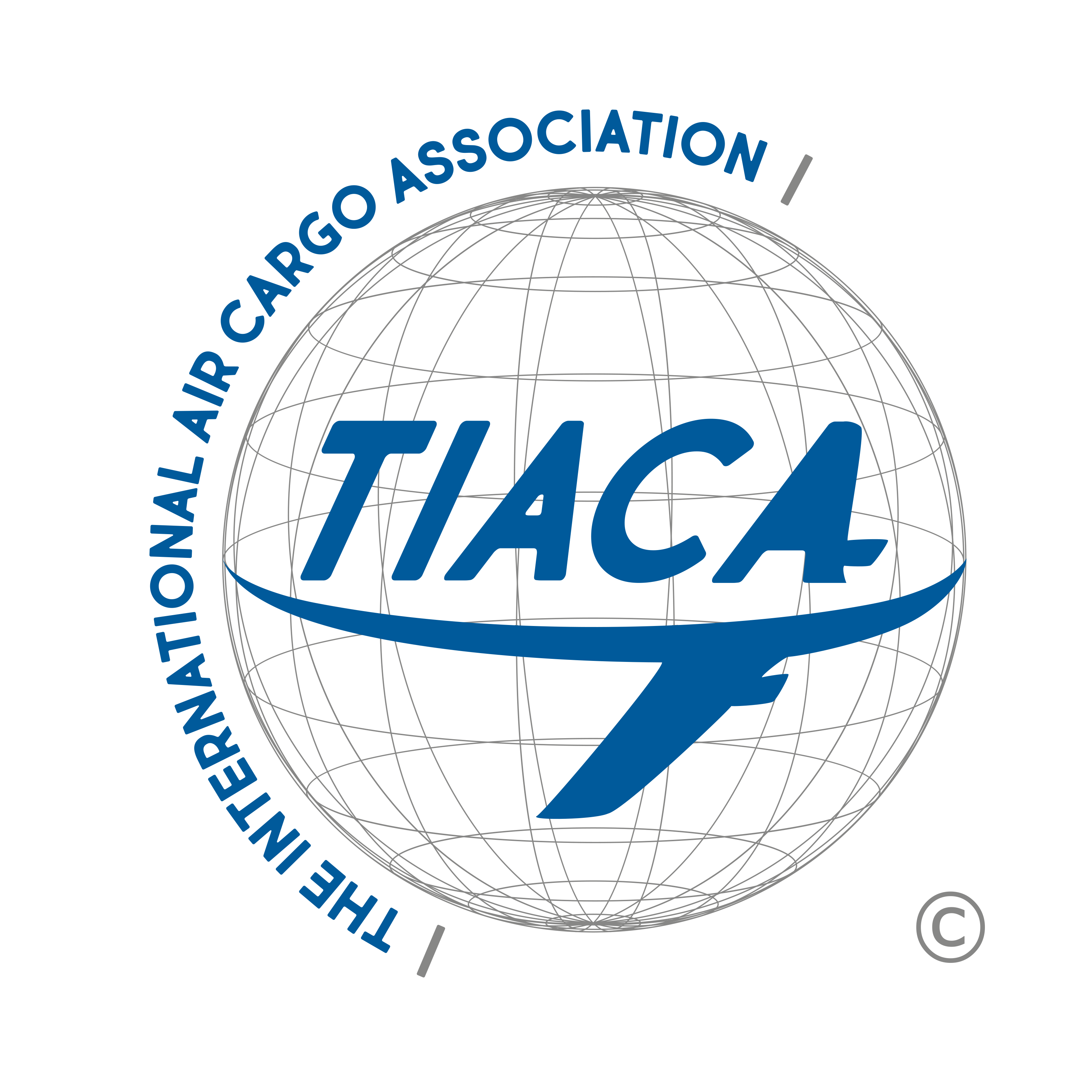The Great Decoupling and Acceleration After COVID-19
Article submitted by European Shippers’ Council – TIACA Trustee and Board member
Written by: Marianne Rowden, President & CEO of AAEI American Association of Exporters and Importers
Completed by: Godfried Smit, Secretary General of ESC European Shippers Council
AAEI surveyed its members early in the COVID-19 pandemic over a period of three weeks and found salient features: all companies were affected; companies were impacted by the import and export restrictions imposed by source countries delaying resupply; and companies tried to build up inventory to avoid losing customers.
For most survey respondents, the biggest impact of COVID-19 affected American companies’ supply chain with China. There was a myriad of impacts that the slowdown had on AAEI members ranked in the following order:
- Delayed the resupply of product from source country.
- Caused interruption to U.S. operations, including inbound and outbound logistics imbalances.
- Inability to obtain product.
- Drawn down U.S. inventory of product.
- Late deliveries to customers.
- Shift to other manufacturers for product.
- Move production back to the United States.
See, AAEI COVID-19 Survey Executive Summary (June 4, 2020) at https://aaei.org/wp-content/uploads/2020/06/AAEI-COVID-19-Survey-Executive-Summary-with-Attachment-06-04-20.pdf.
Another result of COVID-19, which became one of the big stories of 2020, was the acceleration in the growth of e-commerce shipments. Prior to the pandemic, e-commerce was growing twenty percent (20%) since 2008 while global trade volumes remained flat. The e-commerce supply chain proved its mettle to deliver groceries and toilet paper to the American people for over 10 months. Therefore, many companies are taking advantage of the capacity and speed associated with this supply chain model with limited cost increases (companies are comparing against new COVID rates from conventional carrier models).
With the dawn of increased use, regardless of companies desires to change to direct-sales models, companies continue to watch trade treatment associated with this model. The shift from full container load shipments imported by approximately 1,000 multi-national companies to millions of parcels shipped directly to American consumers has upended 40 years of global trade management.
In July 2020, e-commerce shipments cleared by U.S. Customs & Border Protection (CBP) as “type 86” entries under 19 CFR section 321 eclipsed “type 1” consumption entries. CBP is currently working on a proposed rule that would remove the exemption of de minimis shipments (i.e., shipments with a declared value of less than $800) from section 301 tariffs, which in the case of items from China are now 25% ad valorem. Imposing section 301 duties on de minimis shipments changes the business model for approximately 12 million U.S. companies, most of which (4.6 million) are micro and small-medium size companies (i.e., employing between 1 and 10 people). The big question for 2021 is whether the U.S. will have two trade regimes – one for e-commerce de minimis shipments and another for formal entry shipments.
This is a moment of clarity for the United States and whether the international trade community will lead the way modernizing trade facilitation and risk management for the post-COVID global supply chain.
Many of the concerns expressed by Marianne Rowden can be echoed in Europe.
Especially during the first Covid19 wave the capacity of air cargo went down drastically. For shippers it was often difficult to have a clear picture of available flights which made the planning of logistics operations much harder.
As ESC we were grateful that the European Commission took the important step to suspend the EU airport slot allocation rules. Otherwise major inefficiencies would have added to the tremendous price hikes triggered by the lack of capacity during the spring time, and still lasting, however at a lower level.
With the vaccines coming soon on market, 2021 will be a crucial year. Some of the vaccines might have to be transported at much lower temperatures than usually done, which is only possible in full freighters.
The European Commission is also preparing the new rules on e-commerce. Exemptions to declare small consignments are expiring in the first part of 2021. This will considerably affect the number of declarations. Customs administrations are still working to prepare the introduction of the super reduced data set to enable a smoother implementation: it will be challenging for them to meet the deadlines.


